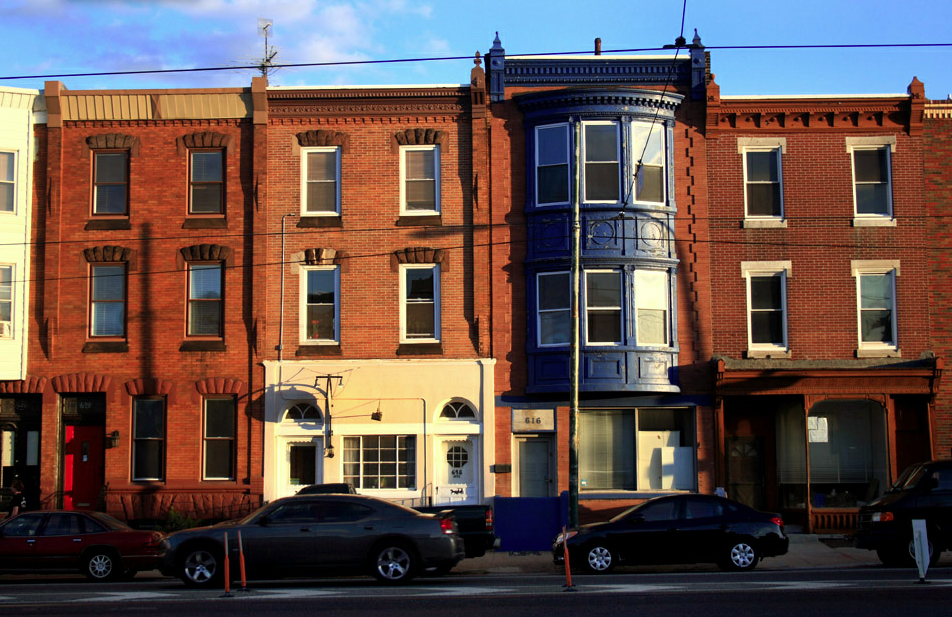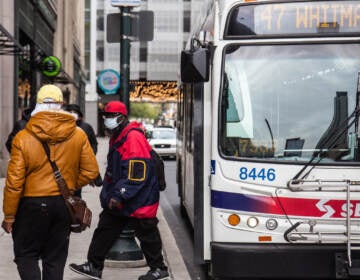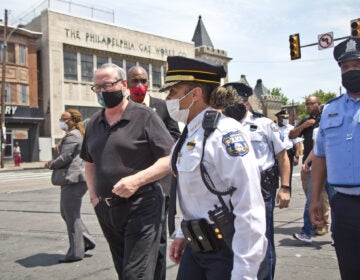Assessment: AVI impact roundup

Is all of this talk about the city’s new property tax assessment system is making your head swim? Here are a few things to help make some sense out of the current debate over the city’s Actual Value Initiative which will be front and center during tomorrow’s City Council meeting.
What will the impact of AVI be?
Today’s Inquirer has a primer on the possible impact of the Actual Value Initiative (AVI), including explanations of what neighborhoods could be most affected, where the political stumbling blocks are, and explanations for the “homestead exemption” (a discount on the first $15,000 of each residential property’s value) and “smoothing” (a way to ramp-up to the full tax increase) could work. It’s a good overview of a tricky topic.
Why now?
The push to implement AVI is happening now because of the budget deadline. Before July 1 City Council has to pass a budget, including a tax rate, but the assessments won’t be finished until later this year. No matter how important it might be to right the wrongs of our city’s broken tax system, City Council is being asked to make a decision without understanding the consequences.
Plus, the Nutter administration has pledged AVI revenue to help the struggling Philadelphia School District despite calls to decouple those issues.
What will my taxes be?
If you’re biting your nails over what the city’s new “actual value” property tax assessments could mean for you, Councilman Bill Green has released a handy Excel spreadsheet to estimate your future tax burden. [If you don’t have Excel, here it is as a Google Doc.]
It may not be a beautiful user-interface, but it works for the purposes of estimation. Plug in what you think your house’s estimated market value is and the “market value” listed on the Office of Property Assessment website for your house to get a range of property tax estimates.
Where will people be paying higher property taxes?
The Inquirer explains: “The biggest increases come in wealthier neighborhoods where the homes’ assessed market values are dramatically lower than the true value. Generally, the wider that gap, the higher the tax increase.” Conversely, assessments will decrease in “lower- and middle-class areas where homes are assessed closer to actual value.”
That gap is also narrower when it comes to commercial and industrial properties, and that means that residential taxpayers will end up bearing a greater overall tax burden. “Based on Green’s calculations, the shift to AVI could move $200 million to $300 million in overall tax burden from commercial to residential taxpayers,” reports the Daily News.
‘Do AVI right, not recklessly.’
The Tax Fairness Coalition, comprised of 14 community associations, wants the city wait on AVI for one year until the reassessments are complete. On Wednesday, City Council’s agenda [pdf] is all about the budget and AVI.
The coalition is calling on Council to wait on AVI and pass two bills put forward by Councilmen Squilla [Bill #120230] and Green that will delay the process and help provide some funding for schools through commercial taxation. In an e-blast sent out by coalition members, they explained: “We support AVI. We must change our tax system to one that is fair and transparent. But doing it wrong is worse than not doing it at all.”
The Tax Fairness Coalition has also started an online petition.
WHYY is your source for fact-based, in-depth journalism and information. As a nonprofit organization, we rely on financial support from readers like you. Please give today.







